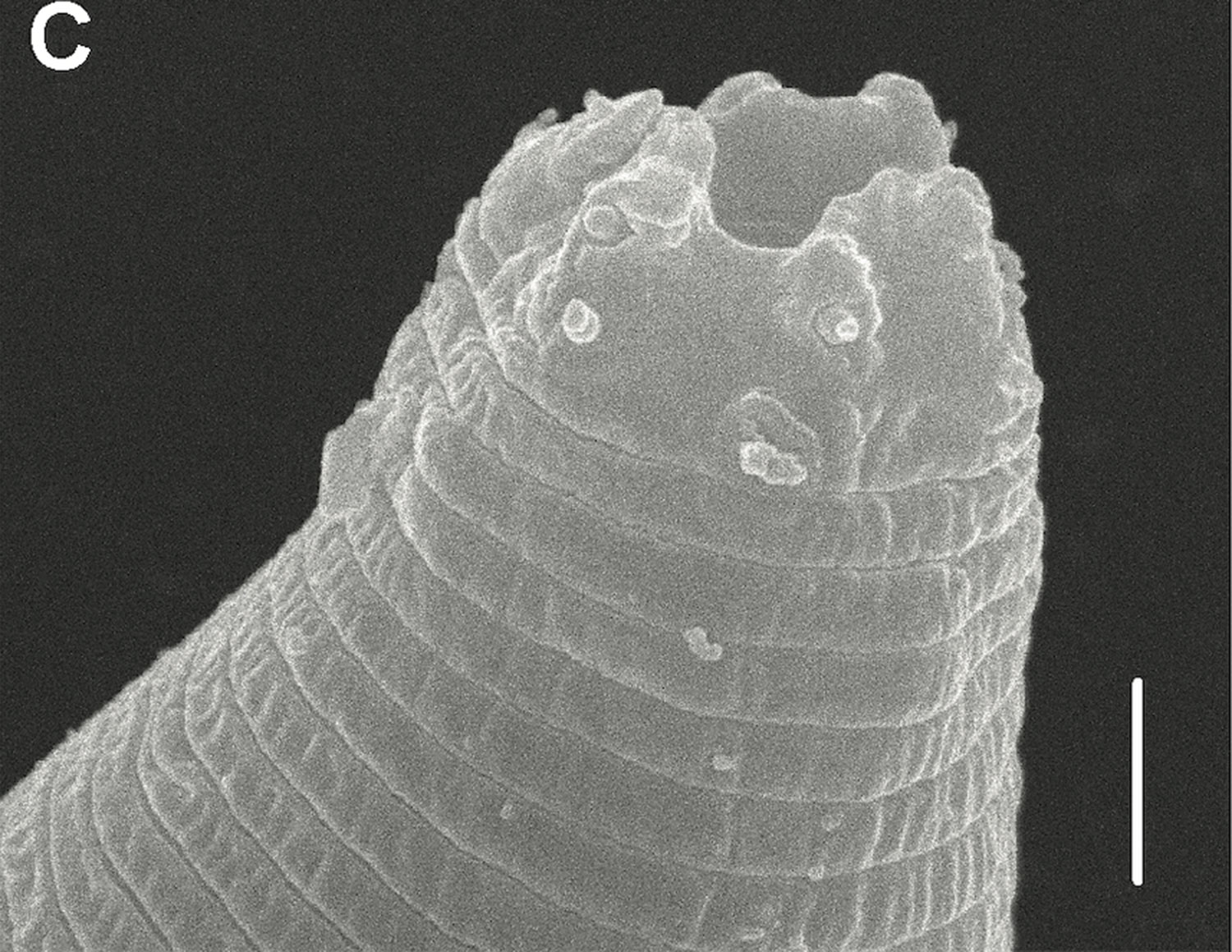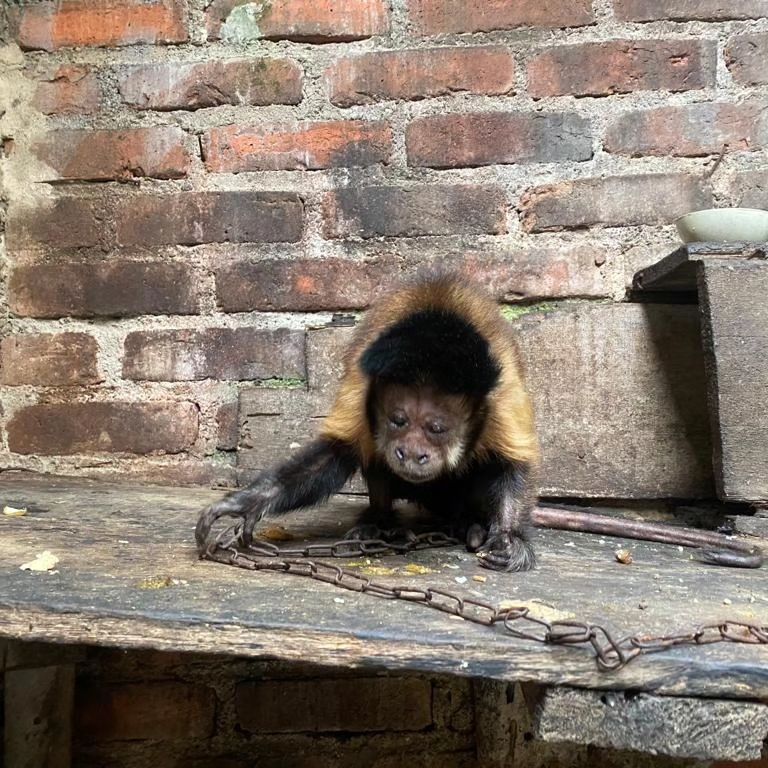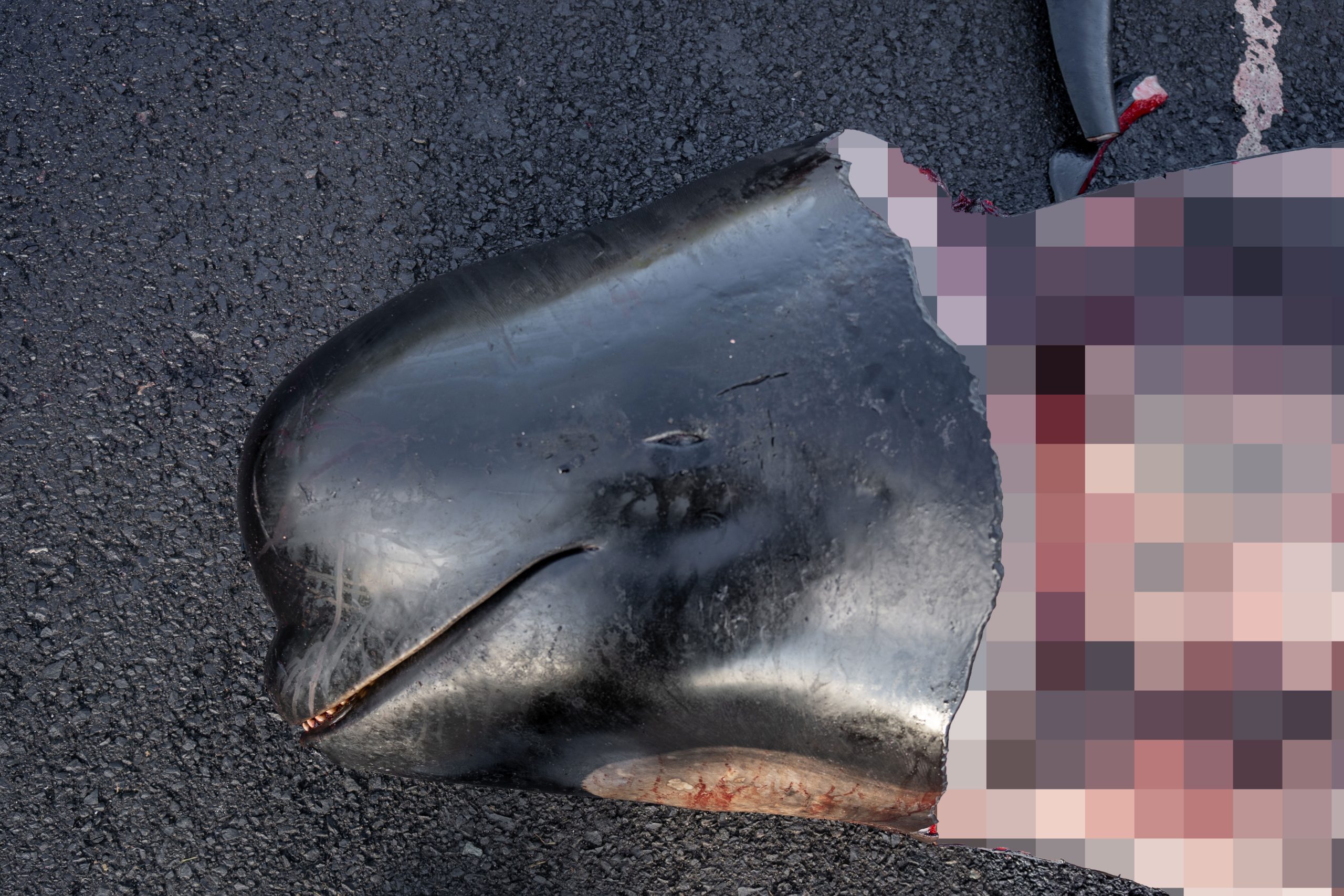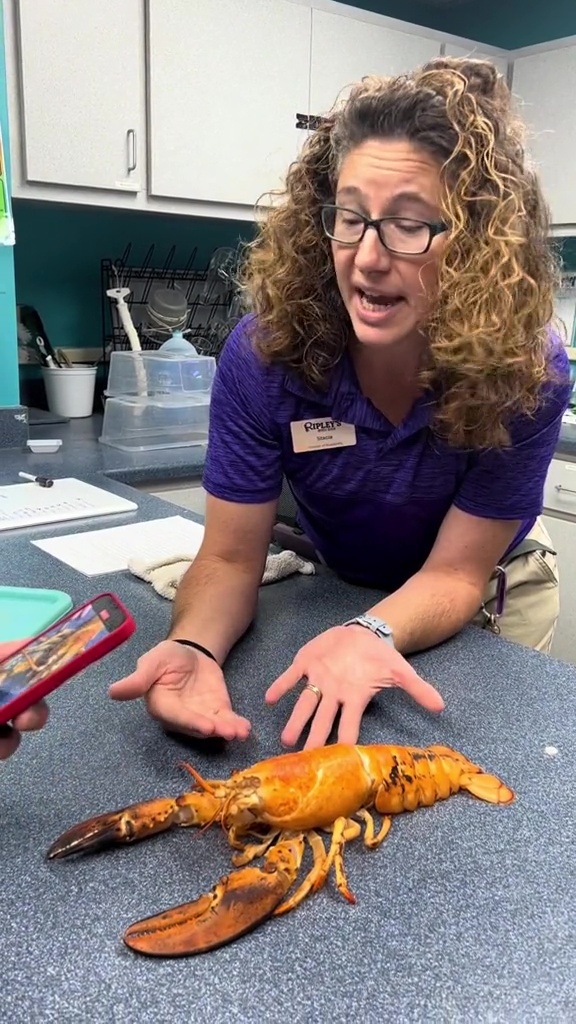In a groundbreaking feat, scientists have successfully revived a 46,000-year-old parasite that had been dormant in frozen Siberian soil. The microscopic roundworm, also known as a nematode, had entered a state of deep sleep in the harsh conditions, ceasing its movement, reproduction, and metabolic functions.
The remarkable discovery challenges previous assumptions about the duration of such dormancy, as it was previously believed that these creatures could remain inactive for around 40 years. This breakthrough was achieved when researchers, led by Anastasia Shatilovich, uncovered two nematodes in the sub-zero temperatures of the Siberian soil in 2018. Upon thawing, the worms resumed their bodily functions, defying expectations.
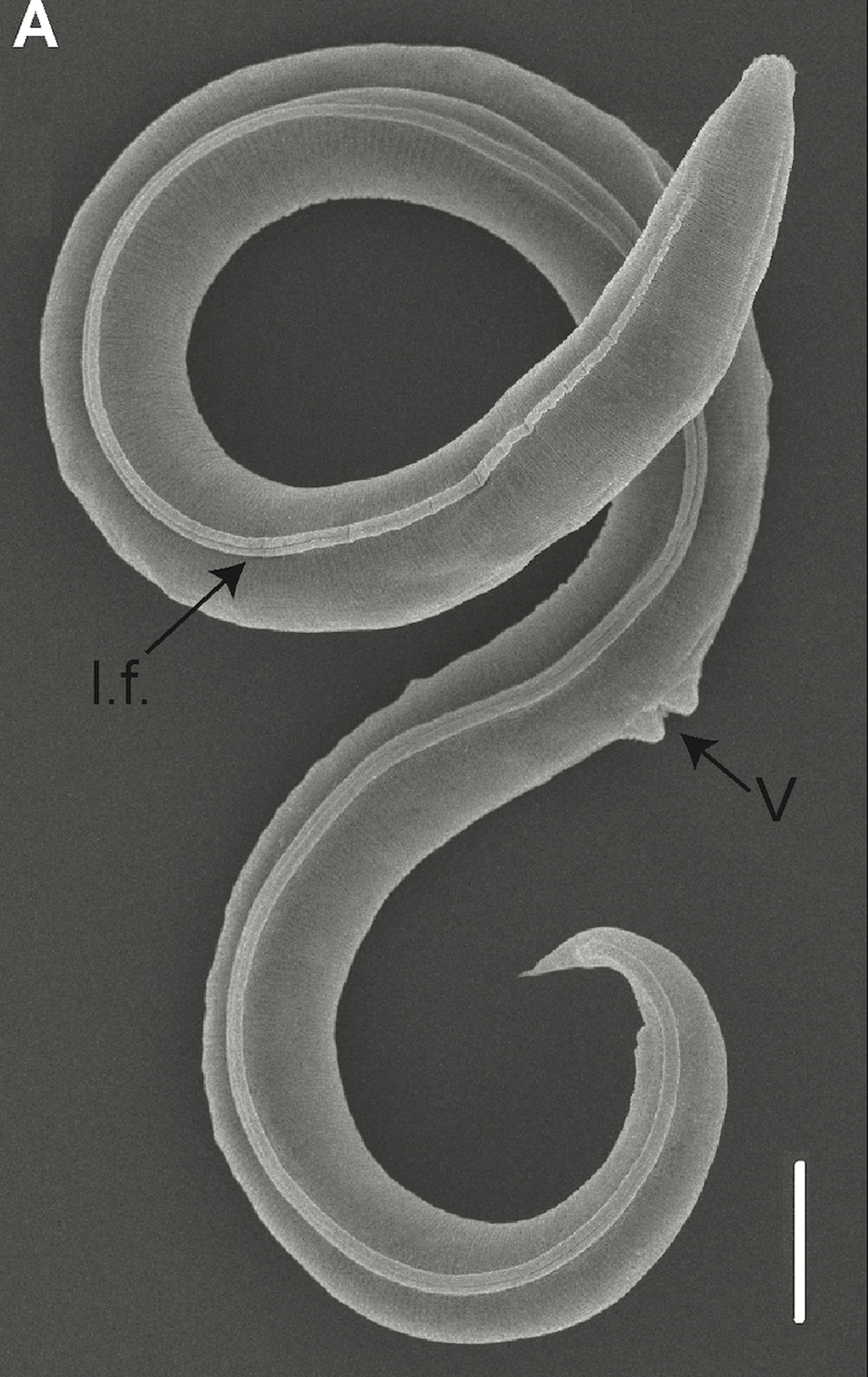
Carbon analysis has unveiled that these nematodes, specifically Panagrolaimus kolymaensis, originated from a prehistoric era. The reawakening of these ancient organisms holds the potential to provide valuable insights into the capabilities of life to withstand extreme conditions over tens of thousands of years.
This pioneering achievement not only sheds light on the resilience of life forms in the face of freezing temperatures but also holds promise for further scientific advancements. The researchers’ findings open the door to the possibility of resurrecting other extinct species, offering a glimpse into the past and the potential for species revival in the future.
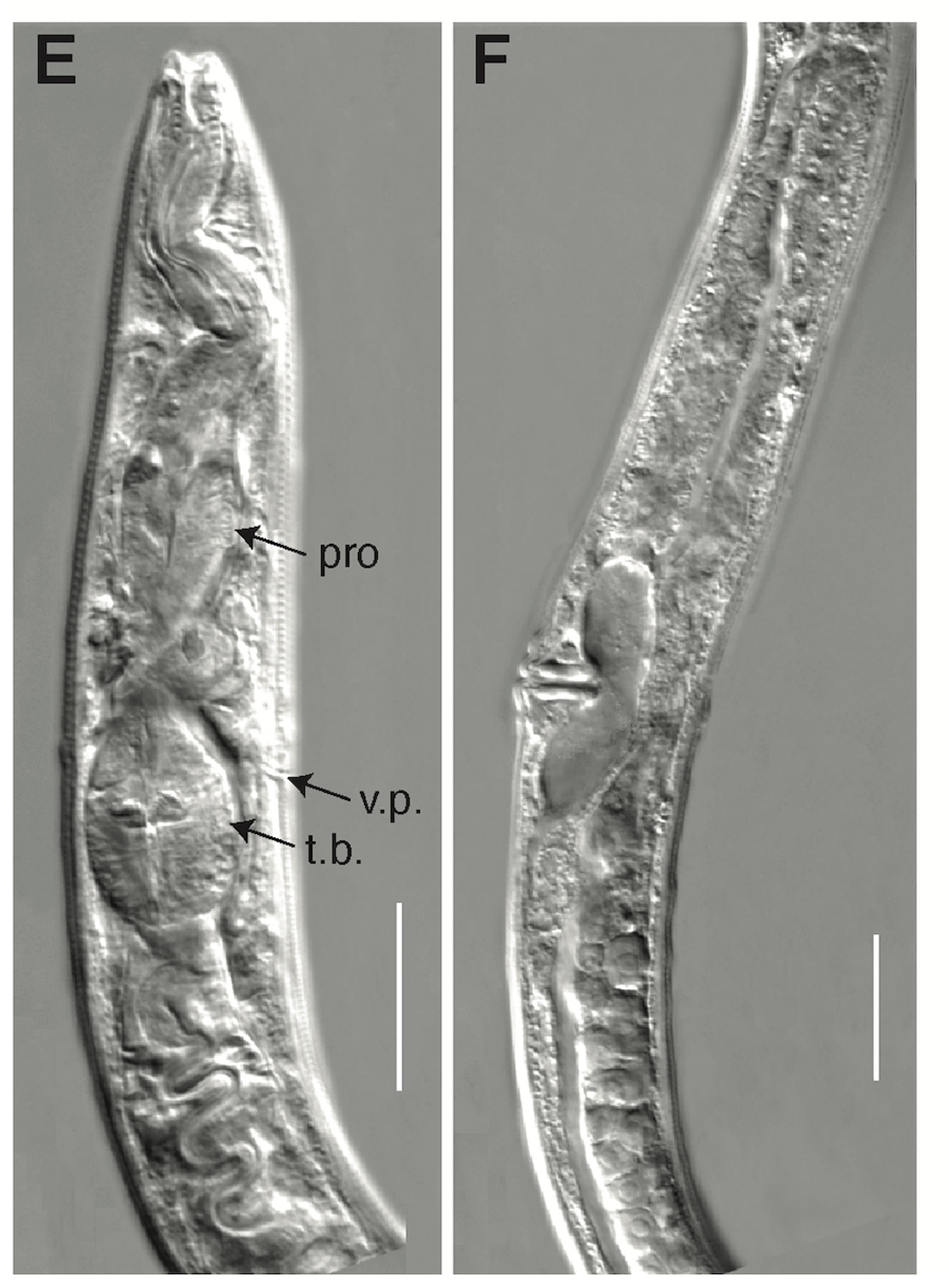
The team’s paper notes, “Several viable nematode individuals were found in two of the more than 300 studied samples of permafrost deposits spanning different ages and genesis.” This revelation not only expands our understanding of ancient organisms’ survival but also underscores the continuous exploration of the remarkable secrets hidden within the Earth’s frozen past.

